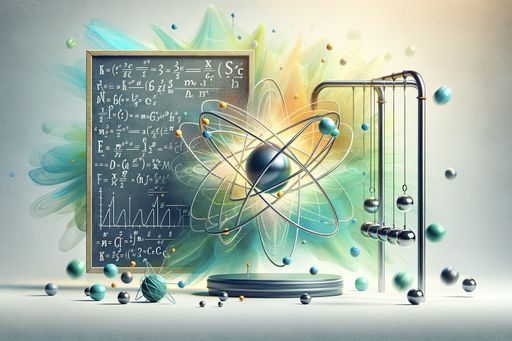CERN seeks €20B to build a bigger, faster, particle accelerator
CERN wants to build a next-generation particle accelerator called the Future Circular Collider (FCC) in Switzerland and France, which could cost up to €20 billion.

CERN's ambitious plan for the Future Circular Collider
CERN has proposed building the Future Circular Collider (FCC), a next-generation particle accelerator that would be three times the size of the current Large Hadron Collider (LHC) and cost up to €20 billion. The FCC would have a circumference of over 90 kilometers and collide protons at energies of 100 teraelectronvolts (TeV), compared to the LHC's achievement of 14 TeV. CERN officials are seeking approval to begin work on the FCC in the next five years, with the aim of having it operational when the LHC ends its experimental runs in the 2040s.
Director general of CERN, Fabiola Gianotti, believes that the FCC will not only advance our understanding of the fundamental laws of physics and nature but also drive innovation. However, some experts are skeptical of the project's €20 billion price tag, arguing that the funds could be better allocated to research addressing diseases or climate change. Sir David King, a former chief scientific advisor for the British government, commented that such a massive investment in particle physics could be seen as reckless in the face of urgent global challenges, such as the climate emergency.
Debates and concerns surrounding the FCC
Critics of the FCC project question its potential for new breakthroughs. While the LHC famously confirmed the existence of the Higgs boson, the results achieved since then have not been as groundbreaking. Some argue that plowing more resources into CERN may not yield significant scientific advancements. However, Gianotti argues that exploring new physics discoveries requires higher speeds of particle collisions, which can only be achieved with a larger and more powerful accelerator.
In addition to advancing our knowledge of fundamental particles, the FCC could also contribute to our understanding of dark matter. Physicists supporting the project believe that the FCC could help determine whether dark matter consists of weakly interacting massive particles (WIMPs). By ruling out this class of particles, scientists could gain valuable insights into the nature of dark matter.
The future of particle physics
The FCC represents an ambitious vision for the future of particle physics. It aims to push the boundaries of scientific exploration by constructing a particle accelerator that exceeds the capabilities of the current LHC. If approved and funded, the FCC could potentially revolutionize our understanding of the fundamental building blocks of the universe, as well as shed light on mysteries such as dark matter. However, with concerns over cost and the need to allocate resources to other pressing global issues, the fate of the FCC remains uncertain.



